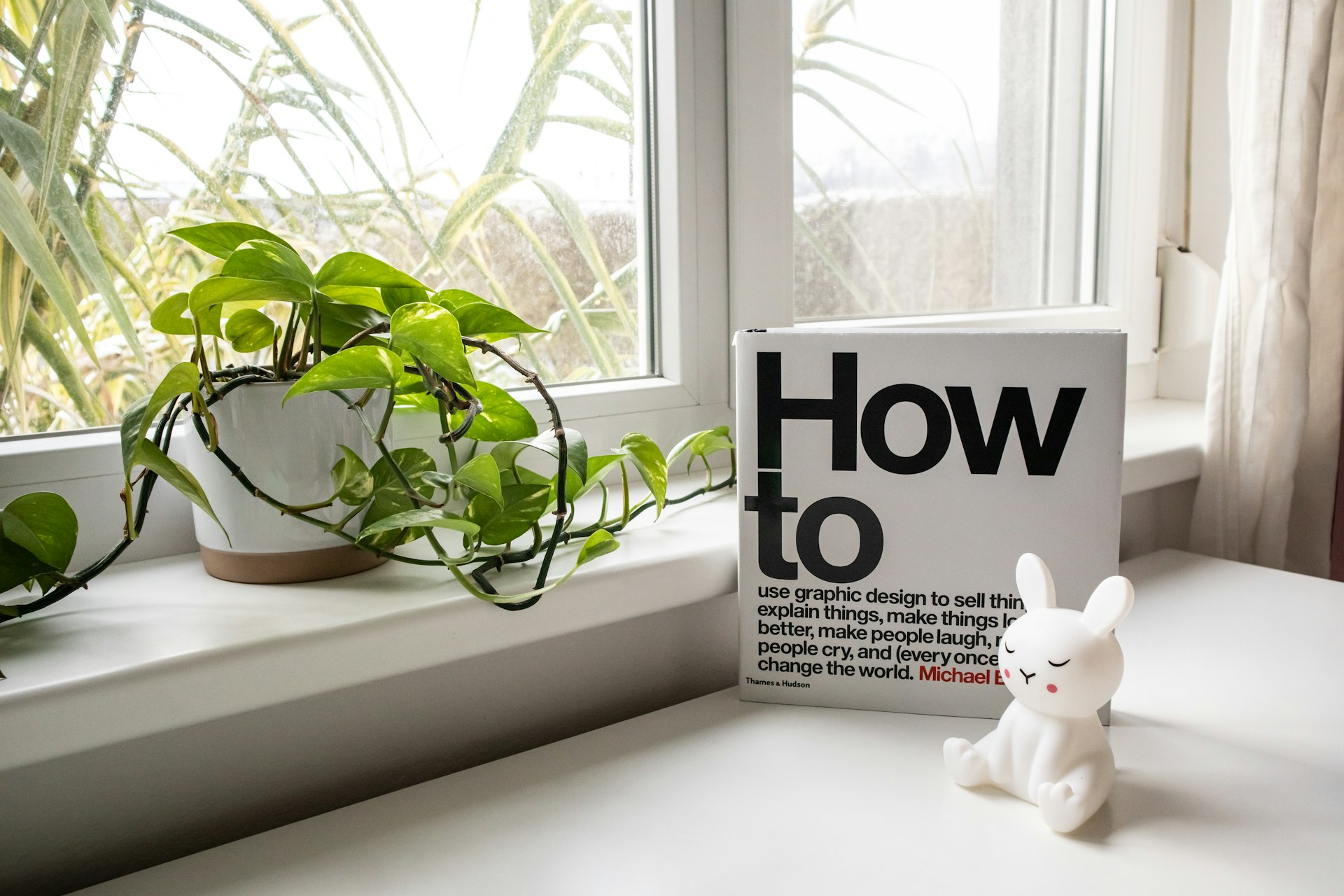Inside the Mind: Understanding the Psychological Effects of Competitive Gaming

Photo by Salah Regouane on Unsplash
Introduction: The New Arena of Competition
Competitive gaming, often referred to as esports, has rapidly evolved from a recreational pastime into a global industry with millions of dedicated players and fans. This transformation has brought with it a new set of psychological challenges and opportunities. As with any high-pressure environment, the pursuit of excellence in competitive gaming can impact mental well-being in both positive and negative ways. Understanding these effects is crucial for players, families, coaches, and anyone invested in the esports ecosystem. [1]
The Highs and Lows: Psychological Stressors in Competitive Gaming
One of the most prominent psychological effects of competitive gaming is increased stress and anxiety . Unlike casual play, competitive gamers face intense pressure to perform, often under public scrutiny and high expectations. The demand to win, maintain rankings, and deliver consistent results can trigger significant stress responses. Research has shown that these pressures are comparable to those experienced by traditional athletes, encompassing performance anxiety, fear of failure, and handling defeat. [1] [2]
Elite esports athletes have reported facing dozens of stress factors during major competitions, including communication breakdowns with teammates, negative audience reactions, and the need to adapt rapidly to changing scenarios. [3] Elevated stress can also manifest physically, such as through increased heart rate or hormonal changes, and may lead to emotional burnout if left unaddressed. [2]
Common Psychological Impacts: Risks and Challenges
Competitive gaming can be a double-edged sword for mental health. While it sharpens cognitive and strategic abilities, it may also expose players to a range of psychological risks:
- Stress and Anxiety: The constant pressure to perform and the intensity of competition can heighten anxiety and stress levels, sometimes leading to aggression or emotional volatility. [1] [3]
- Depression: Studies suggest that esports athletes may experience more depressive symptoms than their counterparts in physical sports, possibly due to factors like lack of physical activity and excessive screen time. [5]
- Addiction and Burnout: The drive for improvement and success can lead to excessive playtime, increasing the risk of gaming addiction and emotional exhaustion. [3]
- Social Challenges: Players may experience social withdrawal, interpersonal conflicts, or even harassment within teams or online communities. [4]
- Sleep Disruption: Late-night tournaments and irregular schedules can interfere with healthy sleep patterns, further impacting mood and cognitive function. [5]
Beyond the Risks: Positive Psychological Outcomes
While much attention is given to the potential harms, competitive gaming also offers significant psychological and social benefits when managed responsibly:

Photo by Anton Shuvalov on Unsplash
- Cognitive Skill Enhancement: Fast-paced strategy games can improve memory, decision-making, and multitasking abilities. [3]
- Social Connection: Participation in team-based games fosters collaboration and communication skills. Many players form lasting friendships and supportive networks. [4]
- Sense of Achievement: Achieving success in a competitive environment can boost self-esteem and provide a sense of purpose, especially for those who thrive on challenge. [1]
- Stress Coping Skills: Learning to manage high-pressure situations can translate to improved resilience in other areas of life. [2]
Implementation Guidance: How to Balance Competitive Gaming and Mental Health
Given the complex psychological landscape, building a healthy approach to competitive gaming is essential. Here are practical, step-by-step strategies for players, families, and coaches:
- Monitor Playtime and Set Boundaries: Establish clear guidelines for daily and weekly play, ensuring time for offline activities and rest. Use tools like parental controls or self-monitoring apps to track gaming habits. If you need help setting up these tools, consider searching for “screen time management apps” or contacting your device’s customer support for instructions.
- Prioritize Physical Health: Integrate physical exercise and regular breaks into your routine. Physical activity can mitigate the risk of depression and improve overall well-being. [5]
- Foster Positive Social Environments: Engage with healthy gaming communities that promote respectful behavior. If you encounter harassment or toxic behavior, use in-game reporting features and seek support from community moderators.
- Develop Stress Management Skills: Practice mindfulness, deep breathing, or guided relaxation to handle anxiety during competitions. Many online resources and mobile apps can provide guidance on relaxation techniques; search for “mindfulness exercises for gamers” or “stress management for esports” for tailored advice.
- Recognize Warning Signs: Be alert for symptoms of burnout, depression, or addiction-such as persistent sadness, withdrawal, or compulsive play. If you or someone you know is struggling, consider reaching out to a licensed mental health professional. You can find professionals through your national psychological association or by searching “sports psychologist near me” online.
- Encourage Open Communication: Regular check-ins with teammates, family, and coaches can help identify problems early. Discuss experiences, challenges, and successes to build a supportive environment. [4]
Alternative Approaches and Support Resources
If traditional competitive gaming environments are causing psychological strain, consider alternative pathways:
- Engage in casual or community tournaments with lower stakes to enjoy the social and cognitive benefits without intense pressure.
- Participate in clubs or forums focused on game analysis, strategy sharing, or mentorship rather than pure competition.
- If you’re seeking professional help, national mental health organizations such as the American Psychological Association (APA) offer directories and advice-search for “APA psychologist directory” or visit the APA’s official website for guidance.
Addressing Barriers: Overcoming Challenges in Esports Mental Health
Common obstacles to seeking help include stigma, lack of awareness, or limited access to specialized resources. To overcome these:
- Advocate for mental health education within gaming communities and organizations. Teams and event organizers can collaborate with mental health professionals to conduct workshops and provide resources for players.
- Encourage open conversations about mental health, emphasizing that seeking help is a sign of strength, not weakness.
- For parents and guardians, learn about the games your children play, engage in regular discussions about their experiences, and familiarize yourself with community guidelines and reporting features to ensure a safe gaming environment.
Key Takeaways and Next Steps
Competitive gaming offers both significant rewards and notable risks for mental health. With thoughtful strategies, players can maximize the cognitive and social benefits while minimizing potential harms. Whether you are a player, parent, or coach, staying informed and proactive is the best way to ensure a healthy, sustainable relationship with competitive gaming.
References
- ThisGenGaming (2024). What Are the Psychological Effects of Competitive Gaming?
- PMC (2021). Influence of Esports on Stress: A Systematic Review.
- APRU (2022). The Psychological Impacts of eSports Gaming: A Detriment or a Lifeline in Disguise?
- PMC (2024). Promoting Mental Health in Esports.
- American Psychiatric Association (2023). Mental Health Concerns in E-sport Athletes: Lessons from a Legend.



